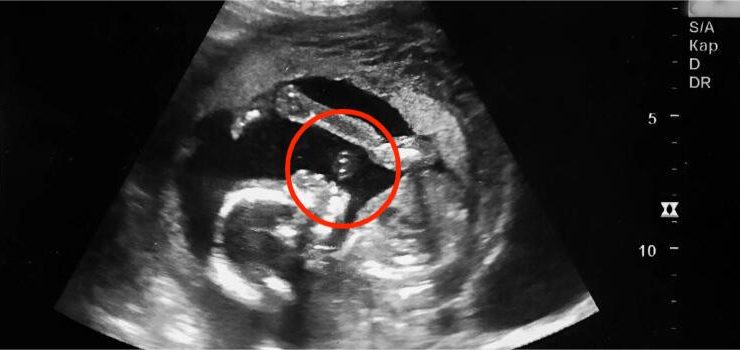It’s easy to overlook certain things in your backyard, especially when you’re focused on mowing the lawn, planting flowers, or enjoying a quiet afternoon outside. But some dangers are so small, you might not even notice them until it’s too late. One of these hidden threats is tick eggs—tiny, almost invisible clusters that pose a serious risk to your health and the well-being of your family and pets.

If you find these eggs in your yard, experts strongly urge you to burn them immediately, as they could soon unleash a wave of ticks capable of spreading dangerous diseases. While ticks themselves are already widely known for being unpleasant parasites, what many people don’t realize is that their eggs are just as concerning. A single female tick can lay thousands of eggs at once, creating the potential for a major infestation in a matter of weeks. These eggs are often laid in moist, shaded areas—like under bushes, in tall grass, or among fallen leaves and twigs. They can also appear in gardens or near the edges of wooded areas where pets and people often walk or play. Recognizing tick eggs isn’t always easy. They are incredibly small, usually only about 0.5 millimeters in diameter—roughly the size of a poppy seed. You might find them clustered together in sticky, jelly-like bunches that are either white, pale yellow, or translucent.
As the eggs develop and prepare to hatch, they may darken slightly, taking on a color closer to that of the adult tick species. These egg clusters are usually attached to vegetation or debris, and because of their size and color, they’re easy to miss unless you’re actively looking for them. The danger isn’t just in the number of eggs but in the health threat they represent. When these eggs hatch, they release larvae—tiny, six-legged baby ticks that are immediately ready to feed on blood.
Though small, they can carry bacteria that cause serious diseases in humans and animals. Among the most concerning are Lyme disease, which can lead to long-term neurological and joint problems, and Rocky Mountain spotted fever, a potentially fatal illness if not treated promptly. These diseases don’t only affect those living in rural areas—ticks and their eggs are increasingly being found in suburban and even urban yards across the country due to shifting wildlife patterns and warmer climates.
Because tick eggs are so difficult to detect and eliminate using traditional pest control methods, experts recommend burning them if you find a cluster in your yard. It’s important to take precautions while doing so, such as wearing gloves and long sleeves to avoid contact and keeping a safe distance while incinerating the eggs. Avoid crushing them or brushing them aside, as this can spread them further. If burning isn’t a safe option, you can also place the eggs in a sealed bag and dispose of them in an outdoor trash bin, followed by thoroughly washing your hands and tools.
Prevention is also key when it comes to keeping tick eggs and their adult counterparts at bay. Keep your grass cut short, clear away dead leaves and branches, and create a barrier between wooded areas and your lawn using gravel or wood chips. If you have pets, check them frequently for ticks and use veterinarian-recommended tick prevention treatments. Consider treating your yard with pet-safe pesticides designed specifically for tick control, especially in high-risk seasons like spring and early summer. It’s also wise to wear light-colored clothing and tuck pants into socks when working outdoors, which makes it easier to spot ticks before they latch on.
In some cases, calling a professional pest control service might be necessary to assess and treat your yard if you suspect a larger infestation. It might seem like an overreaction to burn something as tiny as tick eggs, but doing so can prevent a major outbreak of ticks and reduce your risk of exposure to dangerous illnesses. Taking action early—even when the problem seems small—can make a huge difference in keeping your family, pets, and property safe. So the next time you’re doing yard work or cleaning up debris, keep an eye out for these minuscule but mighty threats. Acting quickly and decisively could spare you from far bigger problems down the line.





